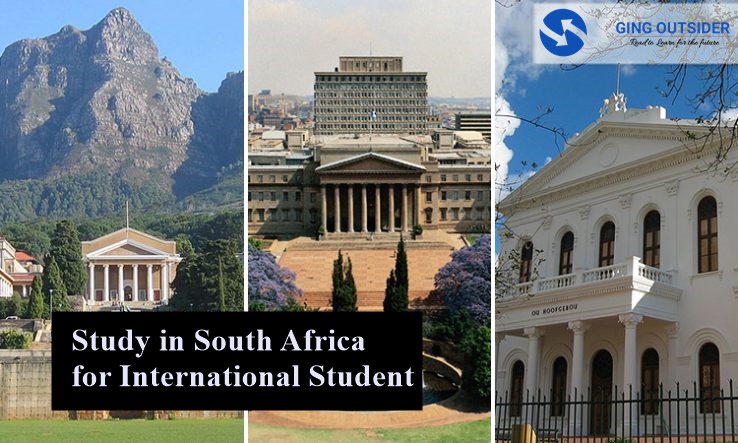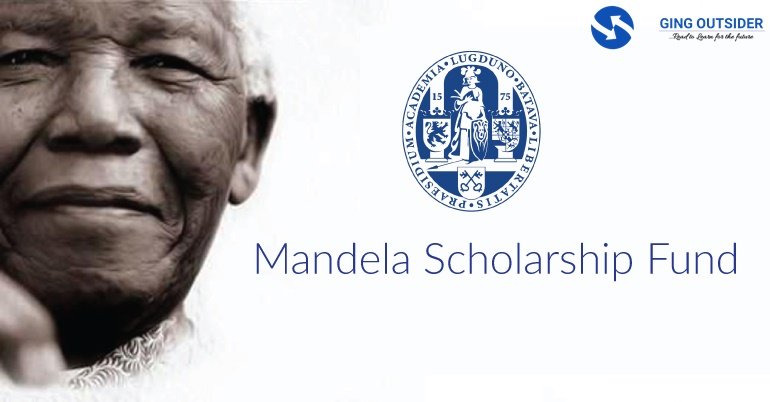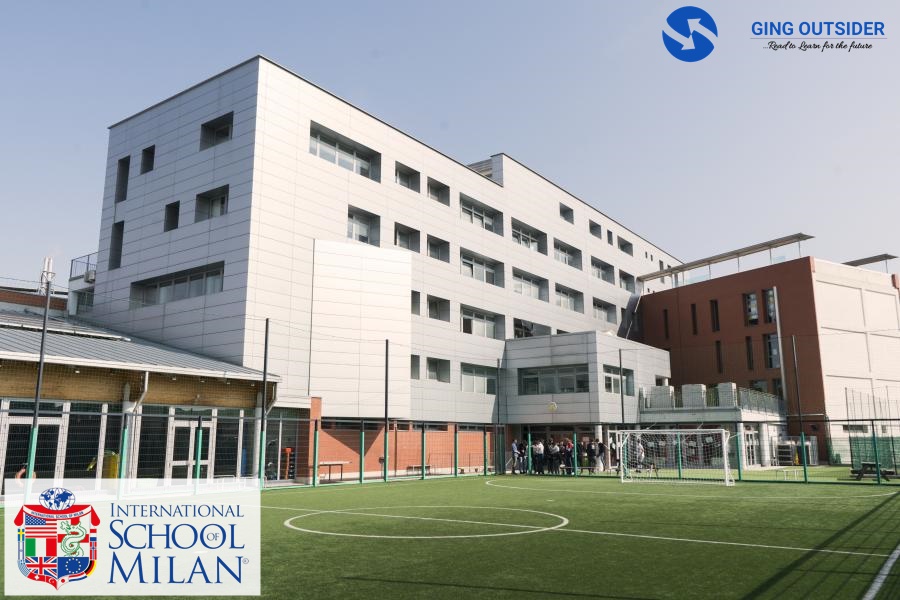Are you a student seeking a place or country to study in Africa, with the best research facilities and equipment as well then you should consider a study in South Africa for all international students. South Africa is the economic pivot for all African continents allowing students to have all sorts of exciting social and academic opportunities just outside their place. Plus, South African institutions consistently make up the majority of all those “best universities in Africa” lists. South African universities rankings run the show! So, you can be sure of a top-tier education while studying in South Africa.
Brief Rundown about South Africa
Yes the country is officially known as the Republic of South Africa (RSA), South Africa is the southernmost country on the African continent.
South Africa has a temperate climate, and is surrounded by the Atlantic and Indian Oceans. More than 45,000 international students choose to study in South Africa each academic year.
The country covers 1.2 million square kilometres, making it the 25th largest country in the world and home to almost 58 million people.
Since the end of Apartheid in 1994, South Africa has worked hard to become an ethnically diverse country with some of the oldest archaeological and human-fossil sites in the world.
According to world university ranking. there are 4 South African universities in the 2022 QS Rankings out of the top 500. The highest ranked of these is the University of Cape Town, which is placed at 226th with University of Witwatersrand, which is placed at 424th, and Stellenbosch University, which is placed at 434th.
There are 26 public universities, and 42 private universities. Public universities are split into three distinct types.
The Republic of South Africa has 11 different official names, one in each of its official languages which includes Zulu, Xhosa, Afrikaans, and Swazi, as well as 7 others.
The country have higher education institutions that have been improving with increasingly high standards for higher education systems.
Taking up a Study in South Africa (Study in South Africa for International Student)
South Africa or officially the Republic of South Africa (RSA), has a multi-ethnic population with eleven national languages and endless natural landscapes with unique wildlife.
The country has not one, but three capital cities: executive Pretoria, judicial Bloemfontein and legislative Cape Town, while the largest city is Johannesburg.
It shares borders with Namibia, Botswana, Zimbabwe and Mozambique, and two independent countries, Lesotho and Swaziland.
The country is a country with attractive trade and business meeting point. If you are interested in business or trade studies, you have already found your next study destination.
Finally, if you choose to study in South Africa then you will be able to visit the country’s most famous sights like Drakensberg Mountains, the Kruger National Park, the Garden Route, the Cradle of Mankind or Robben Island.
List of Cheapest Universities in South Africa
Here is a list of Cheapest Universities in South Africa:




